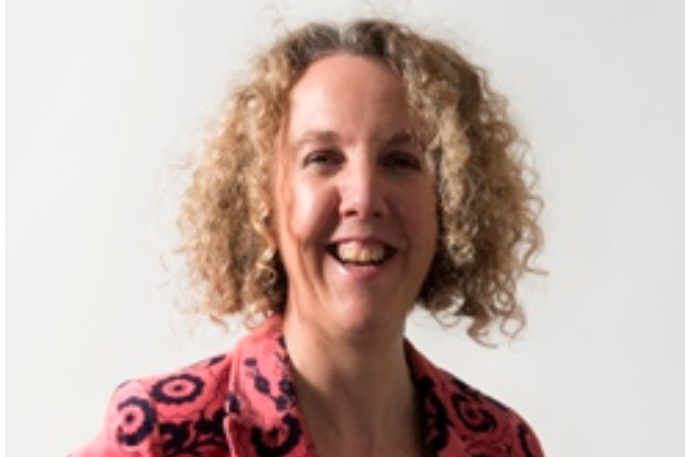Government funding to support tourism businesses in five South Island regions to prepare for the return of international visitors is welcome but must be extended across the motu, Tourism Industry Aotearoa says.
Tourism businesses in five regions that have been devastated by the absence of international visitors will be able to apply for the new $49 million kick-start fund from April 1. The fund was created a year ago, pending the reopening of New Zealand’s borders which begins at 11.59pm on April 12.
TIA says the fund was established when borders were expected to be open ahead of the 2021-22 summer season. The fund targeted regions most affected by the loss of international visitors. But following another summer of reduced trade, many tourism businesses across the whole country would easily meet the kick-start criteria of a 50 per cent drop in annual revenue compared to 2019-20 levels.
“It’s fantastic progress that borders are reopening earlier than expected. Tourism operators are now gearing up for the return of our international visitors,” TIA communications manager Ann-Marie Johnson says.
They need investment to scale up their operations, hire new staff, refresh their facilities or marketing, she says.
TIA is advocating that a further $100 million of kick-start grants be made available to tourism operators across New Zealand. One potential source of funds is for the Government to reallocate any as yet unspent funds from its $200m Tourism Communities Support, Recovery and Re-set Plan.
“Tourism businesses that are still trading today are our most resilient operators who have navigated the COVID journey so far. They are the core of our tourism offering and worth investing in. Further investment now supports the DNA of the tourism industry, enabling the industry’s ability to build back better with the high quality, regenerative tourism economy that we are all aspiring to,” Ann-Marie says.
“An investment in the industry by the Government at this point will be amply repaid in tourism’s renewed contribution to our economy and our communities.”



